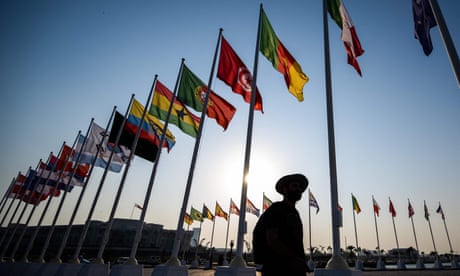Last month, FIFA announced that Saudi Arabia will host the next 2034 World Cup. Their announcement highlights unsolved issues from the 2022 Qatar edition.
FIFA and Qatar did not uphold the respect of migrant workers’ rights involved in building the necessary infrastructures for the most important football competition. This negligence convinced different members of the civil society to intervene. For example, on May 19, 2022, Human Rights Watch (HRW) and Amnesty International, in combination with other human rights organizations, migrant groups and labour unions, requested FIFA and Qatari authorities to compensate for the serious abuses committed. This joint open letter directed to Gianni Infantino (President of FIFA) urged a collaboration between FIFA, the government of Qatar, and the International Labour Organization (ILO). In particular, it was asked to establish a reparation programme of at least 440 million US dollars for migrant workers and their families.
However, the result is deceiving, notwithstanding that FIFA has declared to be open to mediate to provide solutions to the victims. At the moment, Qatar has compensated some migrants who faced grave abuses. However, these programmes came too late or were inefficient. The compensation programmes in Qatar are narrow in scope and lack serious enforcement. In particular, HRW showed that Qatar’s courts are slow in adjudicating cases brought by migrant workers, and when deciding in their favour, companies do not obey the adjudication. Furthermore, accessing the Qatari compensation system becomes practically impossible once the victims return home.
An examination of both the FIFA statute and the United Nations Guiding Principles on Business and Human Rights shows that FIFA is accountable for the human rights violations committed in Qatar. In particular, they were contributing to forced labour, wage theft and deaths. However, FIFA’s position regarding compensation has not been straightforward. Publicly, it has expressed that it wants to help workers in Qatar to get compensation. However, the plans and methods proposed have been questionable. Firstly, on March 16, 2023, at the 73rd Congress of FIFA, it was declared that FIFA would commit itself to compensating the migrant workers of Qatar. At that point, it created the project ”FIFA World Cup Qatar 2022 Legacy Fund to benefit people most in need”.
Nonetheless, the initiative has no relevant connection with compensating migrant workers as it focuses on educating children, creating a labour excellence hub, and inviting thirds for contribution. Ultimately, Gianni Infantino declared that the duty of compensation would fall under the responsibility of the Qatari Worker Insurance Fund. This statement suggests that FIFA has decided not to be actively involved in compensation.
On the Qatari side, Qatari authorities have introduced several initiatives for compensation, including the Labour Ministry’s Wage Protection System, the Labour Dispute Resolution Committees and the Workers Support and Insurance Fund. However, as discussed before, these programmes suffer from late introduction, narrow scope and faulty implementation. Furthermore, Qatar only accepts claims related to death or severe injuries while declining the others. In this prospect, the authorities failed to investigate thoroughly the causes of deaths and attributed a large portion of them as ‘’natural causes’’. Hence, the scale of uncompensated human rights abuses has remained significant. Under international human rights law, Qatar must prevent widespread human rights abuses and ensure remedies for them.
From the above-presented information, compensation remains a complicated issue. The tools established to provide for reparations have been established in 2020, and they are not retroactive; this means that a relevant number of migrant workers cannot access them. In addition, the procedures connected with compensation in Qatar are characterized by delays and opacity in decisions. Providing such an inefficient system highlights a significant disinterest in the rights of migrants from FIFA and Qatar. They hold shared responsibility for causing the theft of wages, offering dire conditions of work and causing thousands of deaths.
As FIFA was aware that Qatar did not have an appropriate working system to host a World Cup, it should claim responsibility and provide a new serious compensation platform. Only 48,000 migrant workers have been compensated, and leaving the responsibility of compensation only to Qatar poses ulterior risks of respecting the due process of their rights. Qatar is requested to abide by investigations following due process, taking the claims seriously, and responding to them following principles of justice. Finally, defending the victims’ rights is recommended by litigating in court against FIFA and issuing lawsuits against Qatari construction companies from foreign jurisdictions.
The post Between incoherent pledges and an inefficient system: failing to provide effective remedies to migrant workers in Qatar appeared first on Americans for Democracy & Human Rights in Bahrain.
This post was originally published on Americans for Democracy & Human Rights in Bahrain.
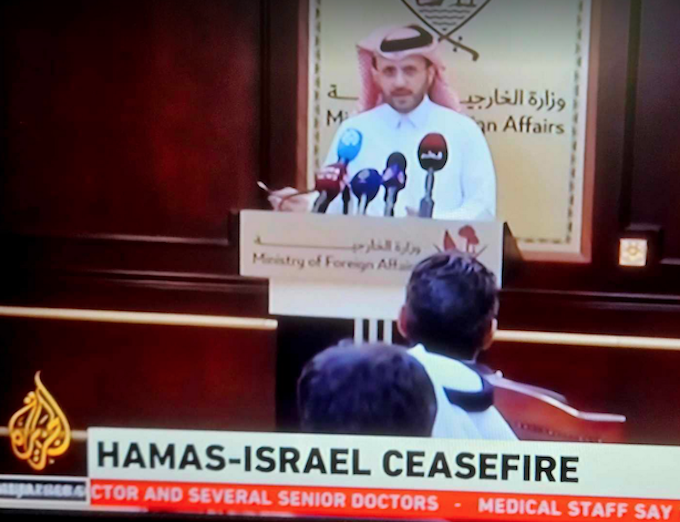
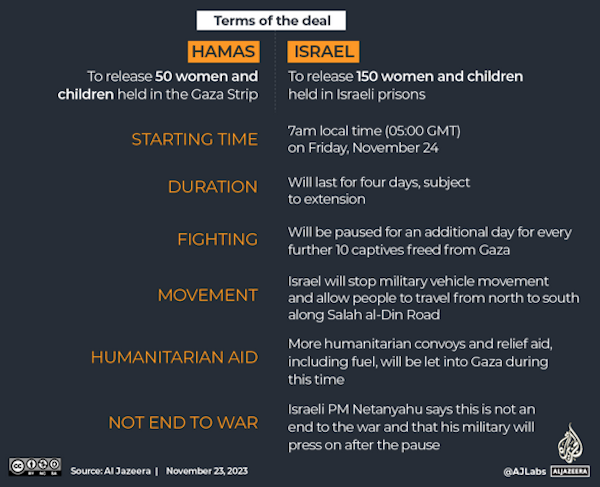
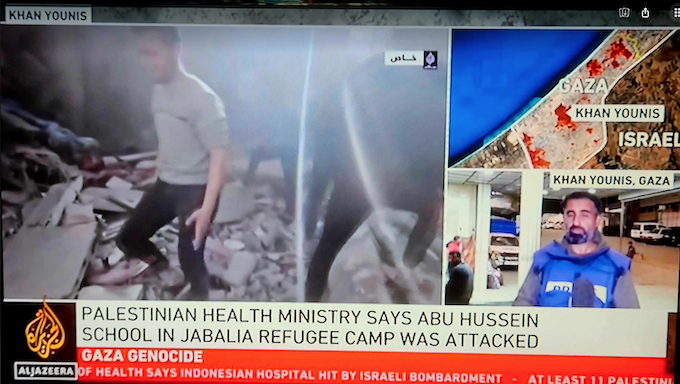
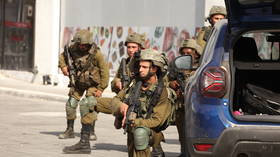

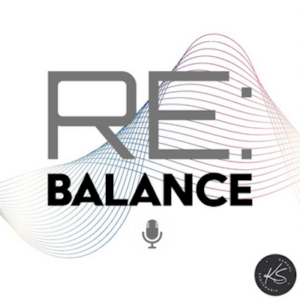

 (they/them) (@SpillerOfTea)
(they/them) (@SpillerOfTea) 